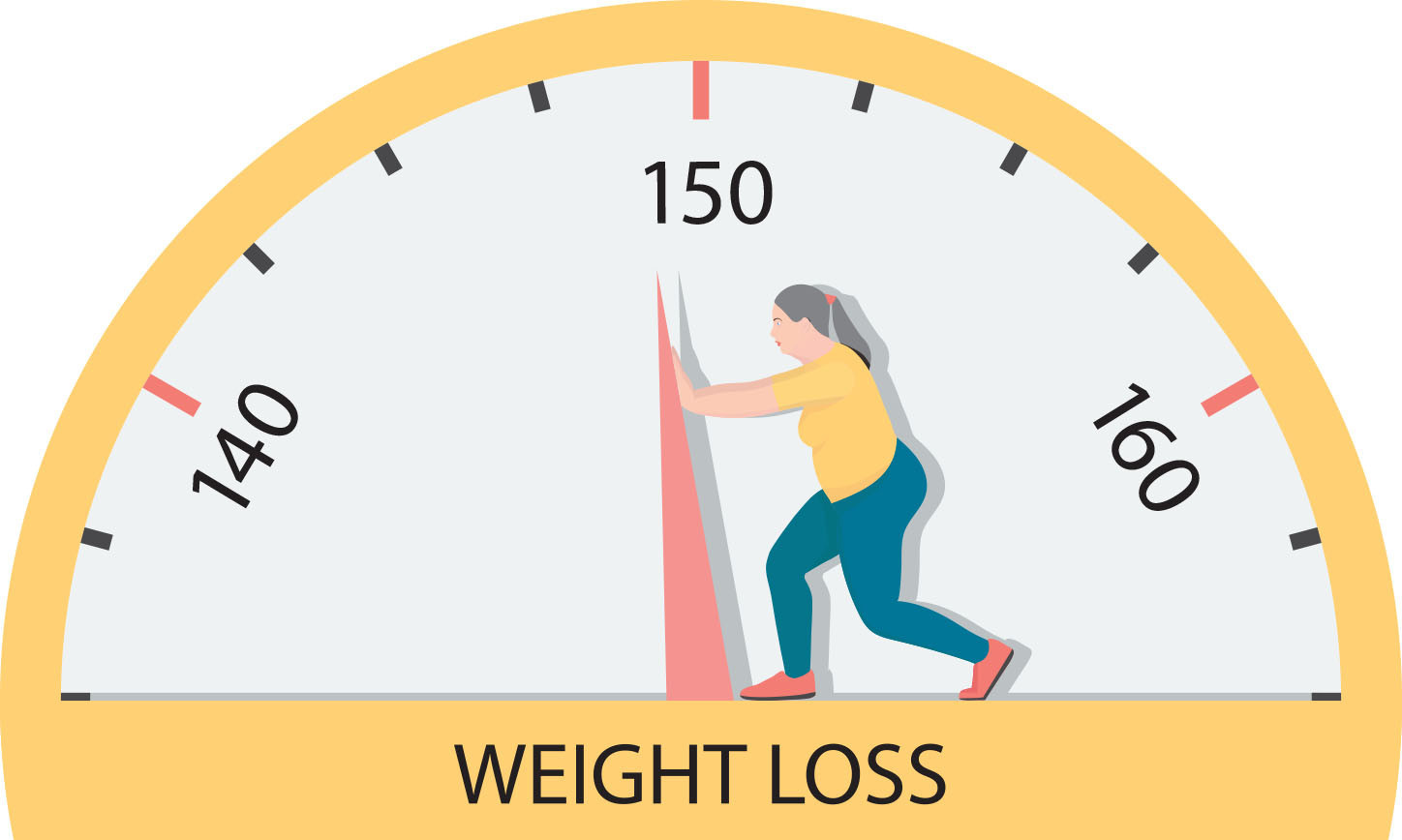The Power of Habit Formation: Transforming Your Lifestyle for Sustainable Weight Loss
Successful weight loss is often the result of consistent and positive habits that align with your health goals. By focusing on building healthy routines and making sustainable lifestyle changes, you can achieve lasting weight loss and improve your overall well-being. In this article, we will explore the importance of habit formation in weight loss and discuss key practices to transform your lifestyle for a healthier and more fulfilling future.
Start Small and Build Gradually:
Rather than trying to overhaul your entire lifestyle at once, start by implementing small, achievable changes. For example, begin with simple habits like drinking an extra glass of water each day or going for a short walk after dinner. As these habits become ingrained, gradually introduce more substantial changes to your routine.
Set Specific and Measurable Goals:
Define clear and measurable goals for your weight loss journey. Instead of stating a vague intention to “lose weight,” set specific targets, such as losing a certain number of pounds within a defined timeframe. Measurable goals help track your progress and provide a sense of accomplishment as you achieve each milestone.
Create a Daily Routine:
Establishing a daily routine can provide structure and consistency to your weight loss efforts. Plan your meals, exercise, and other activities at set times each day. Having a routine reduces decision fatigue and makes it easier to stick to your healthy habits.
Meal Prepping and Healthy Eating:
Meal prepping is a powerful habit that supports weight loss. Dedicate time each week to plan and prepare nutritious meals and snacks. Having healthy options readily available helps prevent impulsive, unhealthy choices when you’re busy or hungry.
Regular Exercise Regimen:
Incorporate regular exercise into your daily or weekly schedule. Choose activities that you enjoy, and mix up your workouts to keep things interesting. Consistency is key, so aim for at least 150 minutes of moderate-intensity aerobic exercise or 75 minutes of vigorous-intensity exercise per week.
Keep a Habit Tracker:
A habit tracker can be a useful tool for monitoring your progress and staying accountable. Use a journal or an app to record your daily habits, including meals, exercise, water intake, and sleep. Tracking your habits can reveal patterns, helping you identify areas for improvement.
Practice Mindful Eating:
Mindful eating involves being present and fully aware of your eating habits. Pay attention to hunger cues, eat slowly, and savor each bite. Avoid distractions like screens during meals and aim to eat with intention and appreciation for the nourishment your food provides.
Learn from Setbacks:
Weight loss journeys are not always smooth, and setbacks are a normal part of the process. When faced with challenges or slip-ups, view them as learning opportunities rather than failures. Identify the triggers that led to the setback and use that knowledge to adjust your approach moving forward.
Conclusion:
Transforming your lifestyle through habit formation is the key to sustainable weight loss and improved well-being. By starting small, setting measurable goals, and creating a daily routine, you can build a foundation of healthy habits that support your weight loss journey. Meal prepping, regular exercise, and mindful eating further contribute to your success. Remember that developing these habits takes time and consistency, but the positive impact on your life will be well worth the effort. Embrace the process, stay patient, and celebrate every step forward as you work towards a healthier and happier future.
